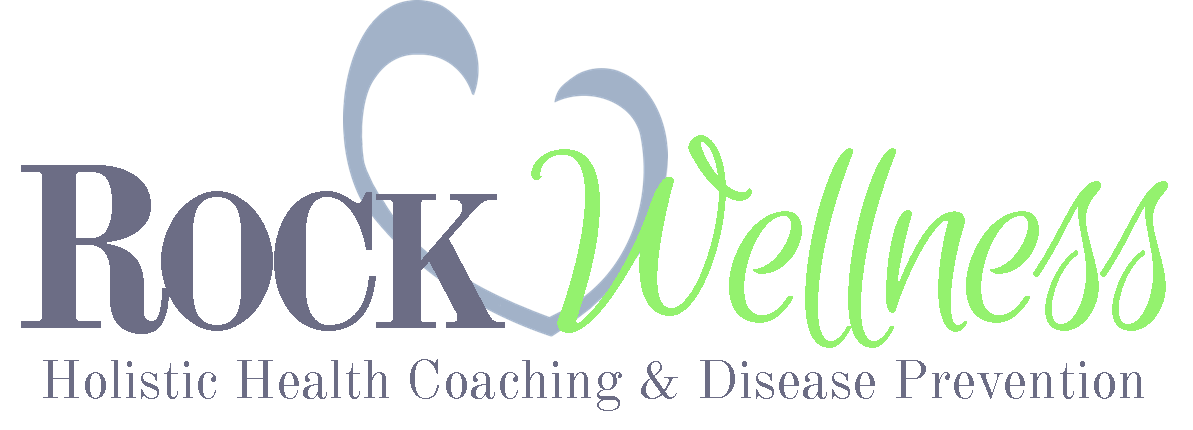
The world of diet and nutrition advice is vast, and for most people confusing, frustrating and sometimes down-right ridiculous (maple syrup diet anyone?). We are constantly being bombarded with magazine articles, infomercials, books, blogs and celebrity spokespeople promising super fast, easy and lasting results, yet for some reason we still find ourselves wanting to stuff down Oreos while watching episodes of Biggest Loser. Just me? Oh.
Part of the problem with all of the nutrition information available is that there is SO MUCH! Whether you are getting your diet and nutrition information from a health coach, personal trainer, nutritionist or impossibly skinny neighbor next door, it seems like everyone has a different theory on what is healthy and what should be forbidden. There are endless amounts of different eating philosophies out there, each certain that they’ve got it all figured out. These days, more than ever we are being pressured to eat sugar-free, gluten-free, dairy-free, fat-free, low-carb, no-carb, paleo, vegan and on and on. That’s nothing compared to the insane amount of cleanses, fasts, pills and procedures being crammed down your throat.
So the question is, if we have so many resources and options available to lose weight and live healthier, why are we a nation getting fatter and sicker by the minute? The answer to this problem is very simple in theory, but extremely difficult in practice. Are you ready for this life changer?
We’re not eating clean, whole, real food. BOOM.
Simple, I know right? But seriously.
As a nurse and health coach I don’t even like the word diet, because people tend to hear the word and associate it with feeling hungry, deprived and depressed about all of the food they’re not allowed to eat. When I use the word diet I am simply talking about the type of food you eat; not necessarily any particular plan or structure for weight loss. In reality our greatest concern in regards to our bodies shouldn’t be the number on the scale, but our overall health and nutrition. That is exactly why fad diets, super restrictive low-calorie eating, “diet food” (usually full of artificial ingredients, sweeteners and preservatives) and plans that eliminate entire food groups are not something that I would ever recommend. They are not compatible with long term health. Not to mention the fact that they are difficult to follow, time consuming and usually expensive. Um… $60 billion diet industry? Yeah.
If you really want to improve your health, look good, feel great and prevent future diseases you should aim to eat real, whole foods and get 30-60 minutes of moderate to intense exercise most days of the week. So what exactly do I mean by whole foods? These foods are preferably organic fruits, vegetables, nuts and seeds, legumes, minimally processed whole grains, lean meats and dairy.
I know some of you just gasped when reading the word grains and dairy, but yes, if you do not have a medical issue, allergy or intolerance, minimally processed whole grains and organic dairy can be included in a healthy eating regimen.
The way you prepare these foods is also very important. Food should be grilled, baked, or sautéed in heart healthy oils such as extra-virgin olive oil or organic virgin coconut oil; or better yet, eat produce raw. Frying foods and slathering them in butter should be avoided. Broccoli is significantly less healthy when it’s battered, deep-fried and covered in Velveeta cheese.
One of the main concerns I hear from people who want to adopt a healthier lifestyle is that healthy, whole foods such as organic produce and free-range meats are expensive. While it is true that fresh produce and quality meat and dairy products are more expensive than processed junk foods, most people would be very surprised to know that improving your food choices doesn’t have to mean breaking the bank. It’s really all about substitutions. If you are currently eating the standard American diet (SAD)… yes, the acronym really does say it all…than you are probably spending more money than you think on things like soda, juice cocktails, chips, ice cream, cookies, candy and other what I like to call “fake foods”. All of these foods cost money, and aren’t doing you any favors in the health department. These types of foods take up space in your stomach, but offer little to no nutritional value.
You don’t need them.
Cutting all the junk out of your diet will save you a lot more money than you think. A quick and easy way to see how much money you are spending on junk food is to save your grocery receipts for a month and then sit down and highlight all of the nutritionally void foods you have purchased over that time. Most people are surprised to see that with substitutions, they really can afford to eat healthier. Some people even save money!
Eating clean can be challenging at first for many people, but like any other change, it gets easier with practice. The hardest part is starting. Once you begin creating good habits and realizing that a healthy lifestyle really is possible, you will build confidence in your ability to succeed, your cravings will subside and you will start to discover how good you can feel. Being healthy; feeling confident, energetic and happy is not just possible for other people, it’s possible for you.
For more information on how to clean up your diet for good and start making healthier lifestyle choices subscribe to my newsletter. If you would like to learn more about what I do, or would like to work together email Nicole Rock BSN, RN, CHC at [email protected].
